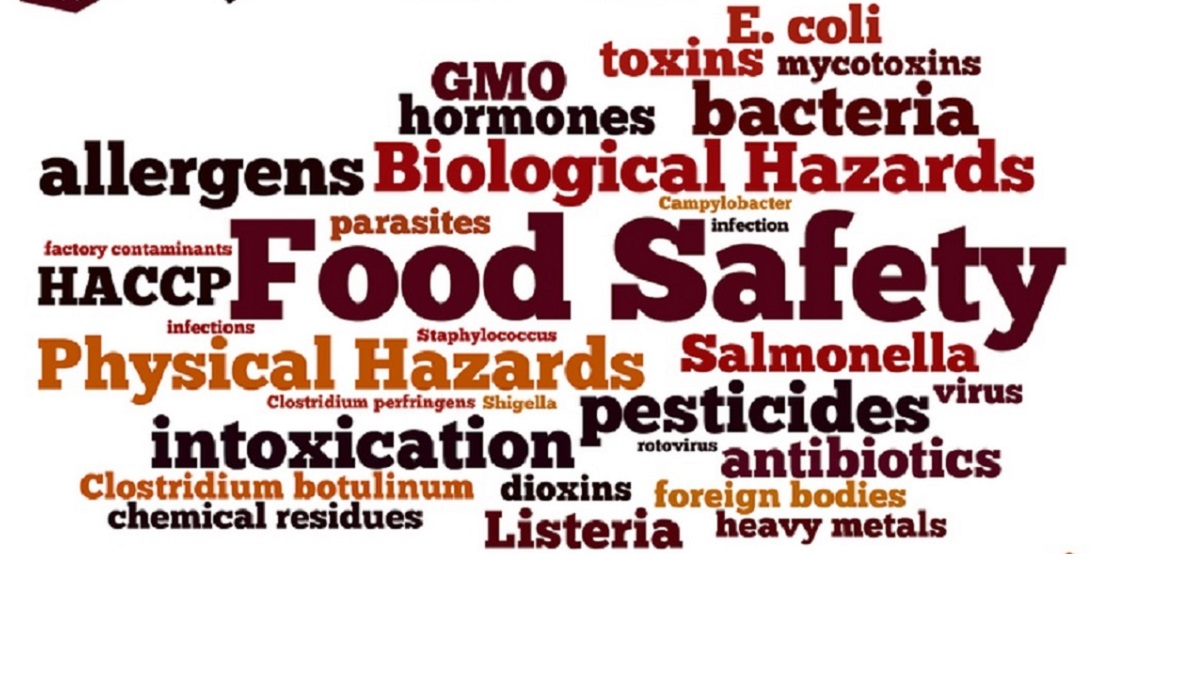IAEA and FAO are to hold an event next year focusing on the use of nuclear technologies for food safety.
The International Symposium on Food Safety and Control will take place from May 27 to 31, 2024 in Vienna, Austria.
The International Atomic Energy Agency (IAEA) and United Nations’ Food and Agriculture Organization (FAO) event will cover food fraud and authenticity; food and phytosanitary irradiation; chemical residues and contaminants in food and feed; preparing for and responding to incidents and detection of pathogens in food.
Role of nuclear techniques in food sector
The conference will bring together scientists, researchers, laboratory analysts, policymakers, regulators, food producers and other stakeholders concerned with food safety and control systems and maintaining the integrity of the supply chain. The weeklong event will highlight current and novel applications of nuclear and complementary techniques and will discuss future perspectives and opportunities.
The IAEA supports countries and their laboratories to improve food safety and meet import and export requirements through research projects and training.
Nuclear techniques can be used in labs to analyze food products for safety and control purposes, and in processing, such as food irradiation to maintain quality, prevent foodborne illness, reduce food waste and extend product shelf-life.
“In the complex journey of foods, from farm to fork, nuclear techniques help to protect consumers by detecting, as well as eliminating, potential food hazards,” said Carl Blackburn, food irradiation specialist at the Joint FAO/IAEA Centre of Nuclear Techniques in Food and Agriculture.
“We look forward to bringing together the food safety control community and providing a platform to share information and to discuss future needs and directions.”
The deadline to submit abstracts for original papers, oral or poster presentations is Nov. 17, 2023. Attendance is free and there is no registration fee.
Data sharing in Latin America
Meanwhile, the IAEA is supporting a data sharing committee in Latin America and the Caribbean that will boost food safety in national and regional markets, and facilitate the international trade of food products.
Launched during the Latin American Congress on Pesticide Residues hosted in Panama by the Ministry of Agriculture in May, the initiative will enable the official food safety laboratories of 17 countries in the region to share analytical data for public health with the long term goal of creating a regional preparedness system for food safety. The intention is to expand the initiative to countries in the Caribbean.
The committee will operate under the umbrella of RALACA (Red de Latino America y el Caribe). Formed to improve food monitoring systems and ensure safe food, RALACA brings together 76 food safety organizations in 20 countries.
“Reliable data from analytical tests for residues, pesticides, contaminants, additives, and other substances in food for human consumption, carried out by food safety laboratories, will allow informed decision-making in accordance with the realities of the Latin American and Caribbean region,” said Yajaira Salazar Chacón, head of the food safety department at the National Veterinary Services Laboratory, National Animal Health Service (SENASA) in Costa Rica.
Functioning labs plus strengthened controls and inspections can help identify hazards in food and contribute to minimizing opportunities for fraud and contamination. Improved testing and access to accurate data will enable authorities in the region to manage and mitigate risks and improve risk-based monitoring programs.
A database for food residues and contaminants was created, which is housed at IAEA. Officially nominated and authorized users can input national data and view aggregated statistics for risk assessment exercises. It is hoped that harmonized data will increase opportunities to conduct regional statistical analyses.
“In the context of an increasing population and an increasing need for food safety, it should be highlighted that better food safety starts with better data,” said Britt Maestroni, IAEA food safety and control laboratory training officer.
“Through this initiative, we will start to think together collectively with the countries in the region, and our regional and international partner organizations, on how to overcome common challenges and how we can ensure safe and sufficient food for all.”
(To sign up for a free subscription to Food Safety News, click here.)

